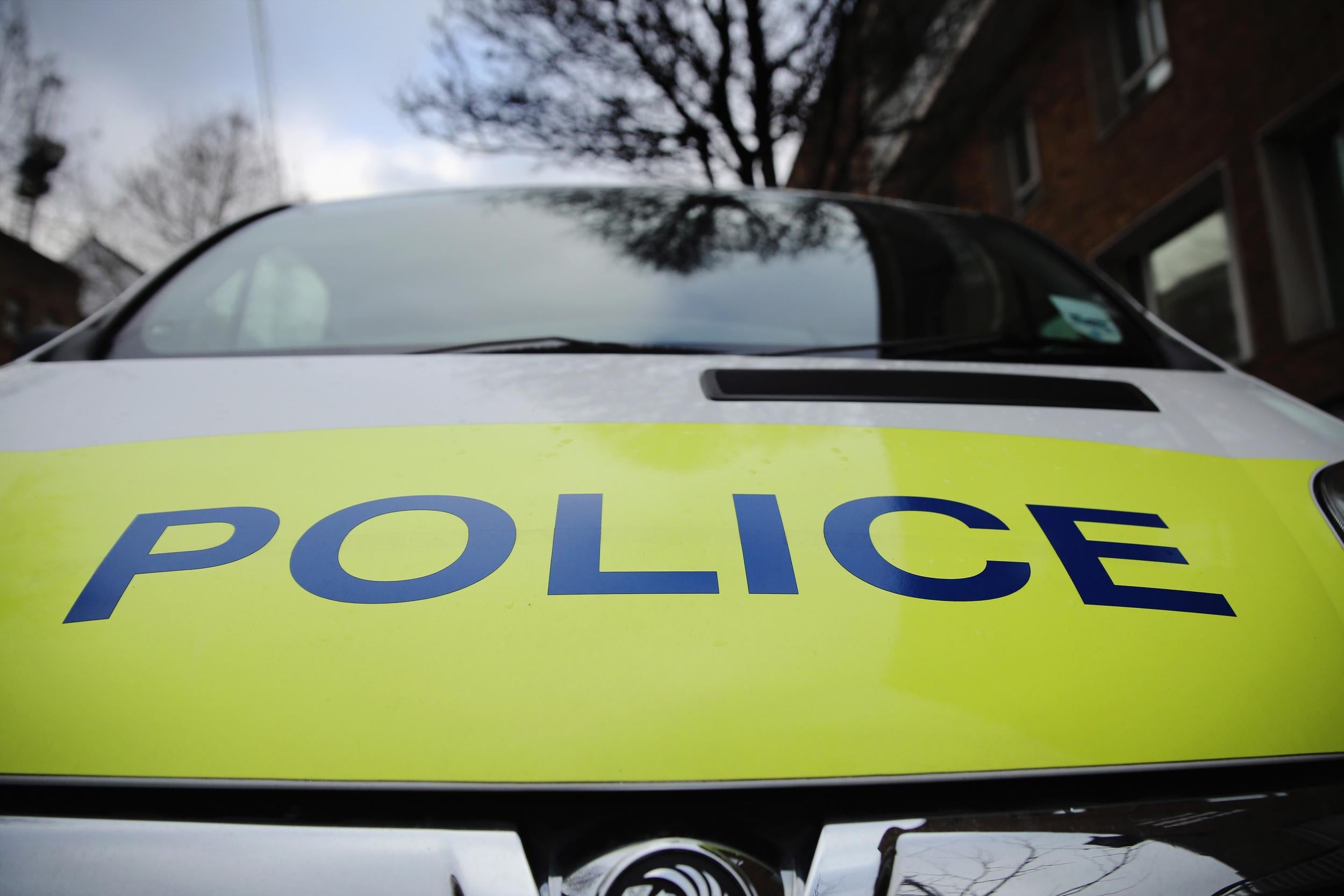Police respond to rise of moped gangs by reviewing laws on how they can chase suspects
Officers express fears they risk prosecution if a high-speed chase ends in a crash

Your support helps us to tell the story
From reproductive rights to climate change to Big Tech, The Independent is on the ground when the story is developing. Whether it's investigating the financials of Elon Musk's pro-Trump PAC or producing our latest documentary, 'The A Word', which shines a light on the American women fighting for reproductive rights, we know how important it is to parse out the facts from the messaging.
At such a critical moment in US history, we need reporters on the ground. Your donation allows us to keep sending journalists to speak to both sides of the story.
The Independent is trusted by Americans across the entire political spectrum. And unlike many other quality news outlets, we choose not to lock Americans out of our reporting and analysis with paywalls. We believe quality journalism should be available to everyone, paid for by those who can afford it.
Your support makes all the difference.The Government has launched a review of the laws surrounding police pursuits, after officers complained the existing legislation undermined efforts to catch moped-riding criminals.
Officers had expressed fears they risked prosecution if a high speed chase ended in a crash.
The review comes after a surge in the number of crimes committed on mopeds, with the Metropolitan police recording 16,158 thefts by criminals on mopeds in the 12 months to June, more than three times the number in the previous year, when there were 5,145.
Critics have said the current rules impair the ability of the force to catch criminals on mopeds, particularly if the suspects were not wearing helmets.
Policing minister Nick Hurd said: “This Government is determined to get ahead of and tackle emerging threats like motorcycle-related crimes, including those involving mopeds and scooters.
“People must be able to go about their daily lives without fear of harassment or attack and criminals must not think they can get away with a crime by riding or driving in a certain way or on a certain type of vehicle.
“Tackling this emerging crime will take a combined effort from Government, law enforcement, industry partners and civil society.
“However, police have made us aware of the concern among some officers over the legal position when pursuing suspected offenders, including those on mopeds and scooters.”
He added: “While it is clearly vital that we protect public safety and that officers are accountable for their actions, it is also important that skilled officers have the confidence to protect the public by pursuing offenders where it is safe to do so.”
There have been reports that criminals have been removing their helmets in the belief that police will not pursue them. The Home Office said there was no ban on pursuits where the rider was not wearing a helmet, and the review would make it clearer where pursuits were justified.
In 2016/17 28 people died in incidents related to police pursuits, more than double the 13 deaths in 2015/16.
In 2014, 18-year-old Henry Hicks died during a high-speed police chase. The death of Mr Hicks, a carpenter from Islington, prompted four police constables to face gross misconduct hearing.
The Police Federation of England and Wales, which had previously written a letter to its members warning them the law did not protect them if they were involved in an accident, hailed the review as a "significant step".
Tim Rogers, from the Police Federation, said: “Momentum has been gathering in recent months and this marks a significant step in bringing about the change we feel is necessary.
”Trained professionals are being judged by the same standards as a member of the public in any normal driving situation with no differentiation in law to recognise the professional training emergency response drivers undertake.“
The police are exempt from speed limits and traffic light and sign violations when responding to an emergency.
Yet, they remain subject to general traffic laws, including the offences of dangerous and careless driving.